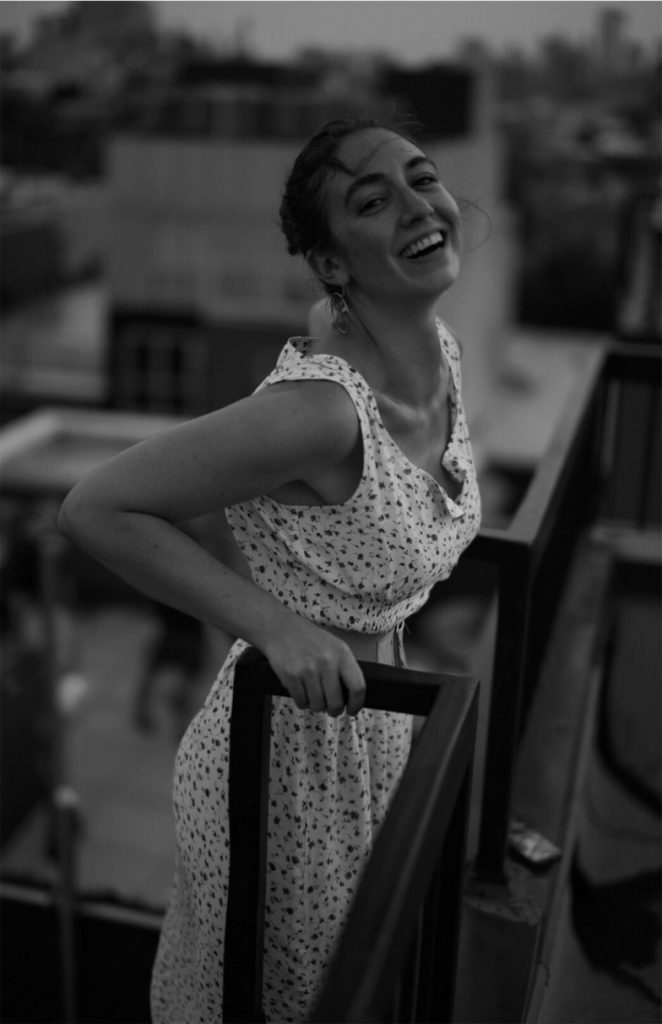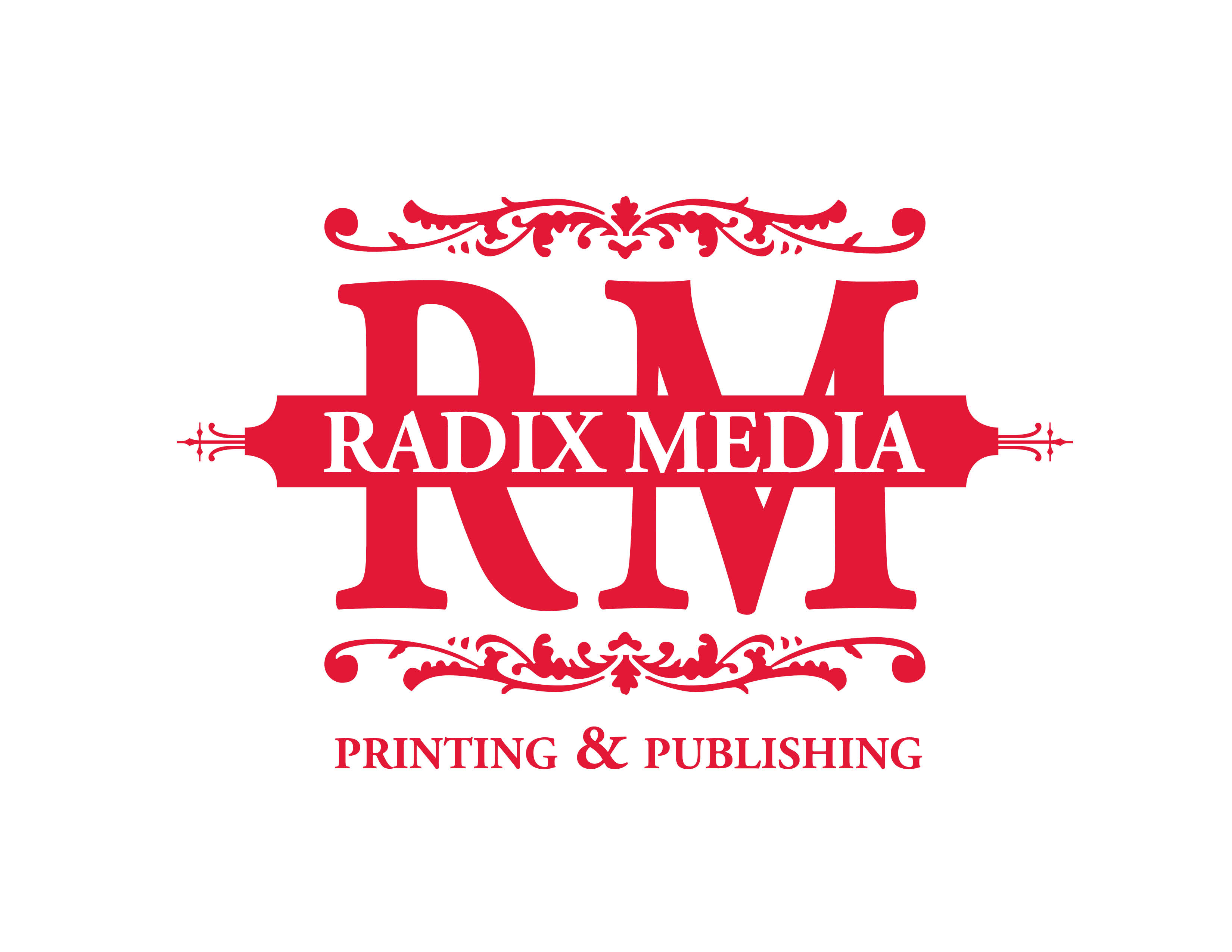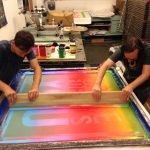ontana Agte-Studier is a powerhouse in the New York City indie publishing scene. She’s the membership director of the Community of Literary Magazines & Press (CLMP, an organization to which we belong) and the Associate Publisher at The Mantle, a press focusing on emerging critical voices from around the world, primarily new writers from the African continent with a look toward expanding to include South and South East Asian writers next year. They also have an online magazine that focuses on philosophy, arts and culture, and more.
I caught up with Montana to talk about her life and all the other things she manages to squeeze into her busy schedule!
 How did you get started in the publishing industry?
How did you get started in the publishing industry?
The long way around. Up until a few years ago, I was only on the writing side of literature. I’d come to New York City, gone to The New School for Jazz and The Arts with a focus on Literature, spent the better part of a year in Italy writing, and then gotten a job in MoMA’s Membership department when I returned. After two and a half years of trying to write during my lunch breaks like O’Hara, I started looking for a job in the independent literary world. As luck—or fate, if you will—would have it, CLMP (the Community of Literary Magazines and Presses) was right then hiring for a Director of Membership. The night I found out I got the job, I was so exhilarated that I couldn’t sleep. It may sound cheesy or childish, but I don’t care—I was thrilled. I learned a lot that first year at CLMP, and now, three and a half years later, here we are.
Being on the arts administration side of publishing with CLMP has allowed me to get to know so many incredible publishers and not only watch, but help them create magic. How could I not be inspired to become a publisher myself? Which brings us up to date with my newest venture and adventure as Associate Publisher of The Mantle (one of the very first members I signed up at CLMP)! I couldn’t sleep the night that Shaun [Randol, Publisher & Editor-in-Chief of The Mantle] first threw the idea my way that I should be Associate Publisher, or the night that we shook on it and I was official. Maybe the underlying issue here is that I just have trouble sleeping?
What does a typical day at the CLMP office involve for you?
You know the scene with Freder and the Machine in Fritz Lang’s Metropolis? Imagine something like that, but instead of physically moving those clock hands, I have to move them with my brain. We’re a small operation and there are always a million things to do and stay on top of. A typical day, huh—well, I would either bike to the office, which is down in the West Village on Christopher Street near the river, or I’d take the train and read. Then I usually start my work day at 10am with coffee, a 15-item To-Do list, and 20 emails to answer. The rest of the day depends on what programs or events or grant deadlines we have coming up, or what new issues our members are facing. Sometimes I have midday meetings, but when I don’t, I like to spend my lunch break taking a barre class or going for a run or a flânerie, or, in the summer, sitting in the sun on the pier and reading. I used to work straight through my lunch breaks because there was so much to do, but over the past year I’ve realized how essential it is to take a moment for yourself in the middle of the day. The work we do at CLMP is extremely vital to the independent literary community, so it’s important not to get burnt out so we can continue fighting the good fight. My day usually ends around 6-6:30pm, when I try to choose one article or essay or interview about or by someone in our indie world to read to wrap up my day. And then I’m off into the night like a bandit to do my own writing, or Mantling, or to simply get drinks with friends.
“Being on the arts administration side of publishing with CLMP has allowed me to get to know so many incredible publishers and not only watch, but help them create magic. How could I not be inspired to become a publisher myself?”
 So what’s been the most exciting part of being Associate Publisher at The Mantle?
So what’s been the most exciting part of being Associate Publisher at The Mantle?
The words and the voices. First, the words. Being a publisher, you suddenly find yourself having a different relationship with words than you did before. When I’m writing, they’re mine. I find them, I feed them, I laugh at them, I struggle with them, I discard them, I lose them, I find them again. Nothing is certain. When I’m reading, the words come at me fully grown, bold and in charge. They set up camp and say, “No, you cannot change me.” And sometimes the words are so entirely fantastic that you get jealous that you weren’t the one to write them. But as a publisher and editor, the words lay somewhere in the middle. They are not yours, but you want the world to relish them with as much excitement as if they were. You’re not jealous. You read a sentence that makes you say YES, and you get pumped thinking about how you could make it possible for other people to read that same sentence. You also read with an eye ready to catch and toss around alternate possibilities; the final words will not be your words, though a few of them secretly will be. And that process of helping the words get to the point of being bold and in charge and perfect and going out to conquer the world—what a thrill! And so, the voices. As publishers, we have the ability—and the responsibility—to publish voices that the world needs to hear. We seek out and find them, and give them the gift of life. How cool is that?
But okay, besides all that grandiose stuff, what’s exciting in the day-to-day is being able to work closely with a great friend toward a mutual goal and learning the ins-and-outs and realities of operating a small indie press.
The list of other things you do is long! Does your experience with music and acting ever spill over into your publishing life? How about vice versa?
There’s nothing quite like going to music school to learn how to take and handle criticism. Also how to give it. These old jazz legends, they’re the best. At everything. Including cutting your ego to bits in front of a room full of other musicians. They say you’re getting a masterclass in music, but truth is you’re also getting a masterclass in critique. It’s brutal, but often necessary. It makes you humble. It also makes you better. Fast. And your mind sharpens, you learn how to be truly critical, not in a negative way, but in a way that’s insightful, essential and at the heart of what makes someone “good” at what they’re doing. As a reader, writer, editor, publisher, this is an invaluable skill.
Music taught me discipline, patience, dedication, determination. It also taught me about nuance and beauty. It’s often the little things. Artists (writers, musicians, painters, photographers) are great at seeing those things—specks of beauty that stand out and sparkle to them, like a bit of tinfoil to a magpie, and the more they see, the more they see. If that makes sense. Like that phenomenon where once you become aware of a certain thing, like a specific brand of bike or a writer you hadn’t known before, you start to see them everywhere (and no, I don’t mean through online advertising). The same can be said about beauty. Once you become aware of it, you see it everywhere. I think you need that quality as a publisher and an editor—the ability to see the beauty, find the sparkle, polish it up and show it to the world.
As far as acting goes, acting helps me write, helps me feel the characters, know the characters, breathe through their pain. It’s an intimate thing we do, art. We set our souls aflame and then show that fire to the world, invite others to look directly at the solar eclipse happening inside ourselves, retinas be damned. And that’s what we yearn for when making or partaking of art (is it not?)—that fear and danger and, yes, reckless hope of getting burnt.
“As publishers, we have the ability—and the responsibility—to publish voices that the world needs to hear. We seek out and find them and give them the gift of life.”
 Tell me about the novel you’re working on.
Tell me about the novel you’re working on.
Ah yes, the “what’s your novel about” question. Well, it’s a bit of a psychological examination of “What if…,” and the idea of there possibly being a moment in your life when you are the absolute happiest you will ever be, and if there is, can we know it? Like, know it for sure? Enough to do something about it? And even if we can, should we? And then what if we’re wrong, what if we nip it in the bud but the fully formed flower was just a couple years away and it would have been glorious? Clearly there are a lot of questions. When I first started in on this concept, it was because of reading a Robert Browning poem entitled Porphyria’s Lover (scout’s honor on not stealing this idea, yeah?), in which this decision is made for Porphyria. But if she did have a say, a hand, a voice in it, would she have chosen the same outcome? Would she have known what to choose?
I can’t wait to check that out! With all the things you have going on, what does the future of independent publishing look like to you?
It looks bright. I know that this is said a lot these days, but independent literature is so very needed. Book sales are up. The people want books, and so books we shall give them! It’s a fantastic time for indie publishing—yes, it’s hard, and yes, there are challenges, but we’re all going to persevere. I’m honored and privileged to be part of this community, and I can’t wait to see what’s in store for us, and what we have in store for the world!
What are some of your favorite projects that readers should look for?
Ooh, well I just found out the other day that Open Letter is going to be publishing a book of Rilke, whom I’m in love with, so I’m excited for that. I know he may not be new, but he’ll never be old. And if William Gass could be enthralled by him his entire life, so can I.
As far as The Mantle goes, we’ve got some pretty incredible books in the works, starting with Donald Molosi’s manifesto Dear Upright African. We’re also launching our Critical Editions series this summer, which will be comprised of classic but under-read texts (such as Stefan Zweig’s Burning Secret and Herman Melville’s Bartleby, The Scrivener) accompanied by new critical introductions. We’re in the process of finalizing the other books we’ll have coming out later this year, so stay tuned. For what else readers should look for, Big Other just put out a great list at the beginning of January of the most anticipated small press books of 2019, so definitely check that out!
Community Spotlight is a blog series that seeks to connect people and build power. Each post will feature a person or organization doing great work in their community and fighting for a more just world. We interview writers, illustrators, podcasters, filmmakers, activists, and more. Subscribe today and let’s start building together.





